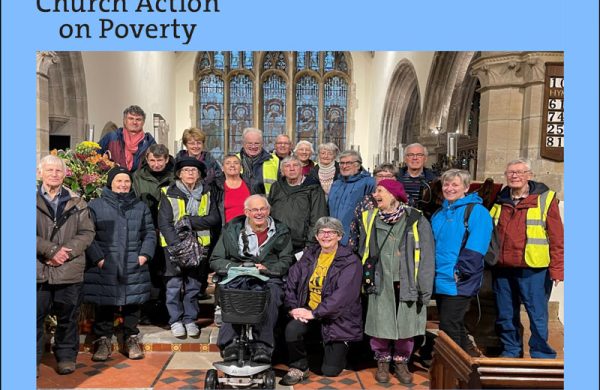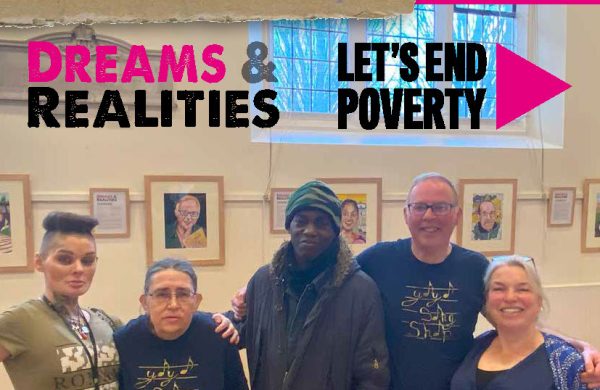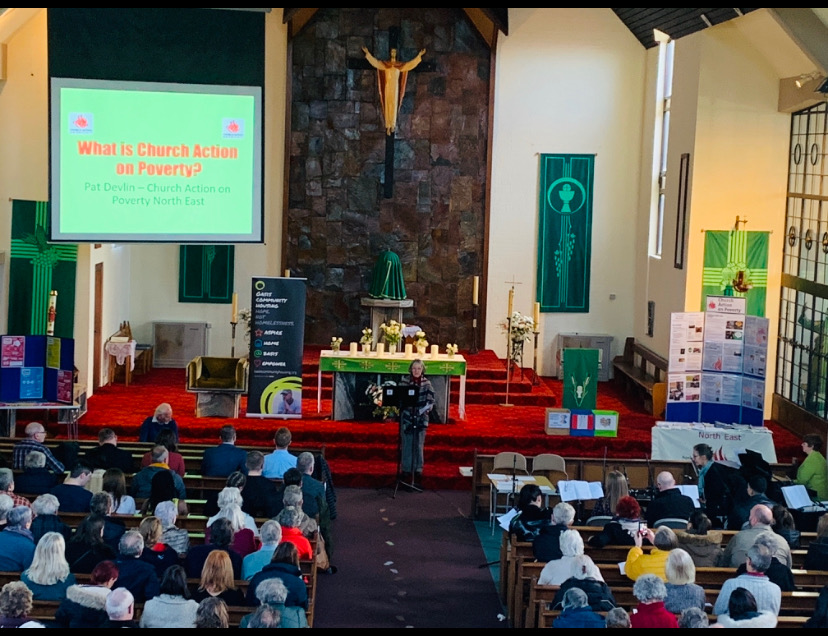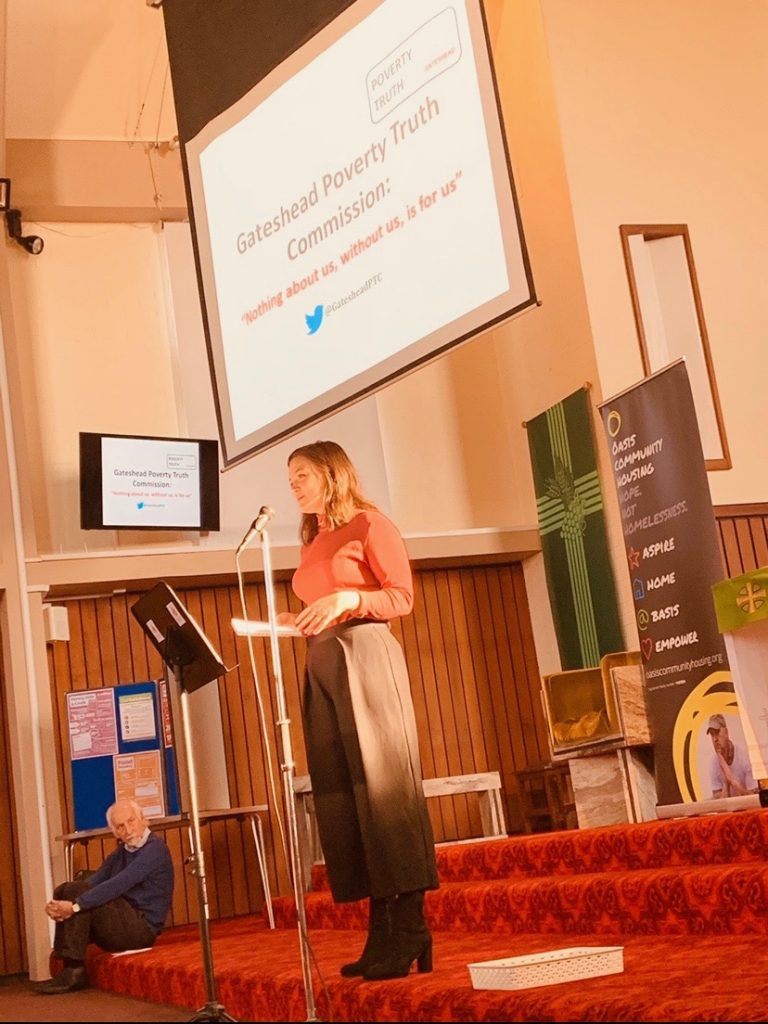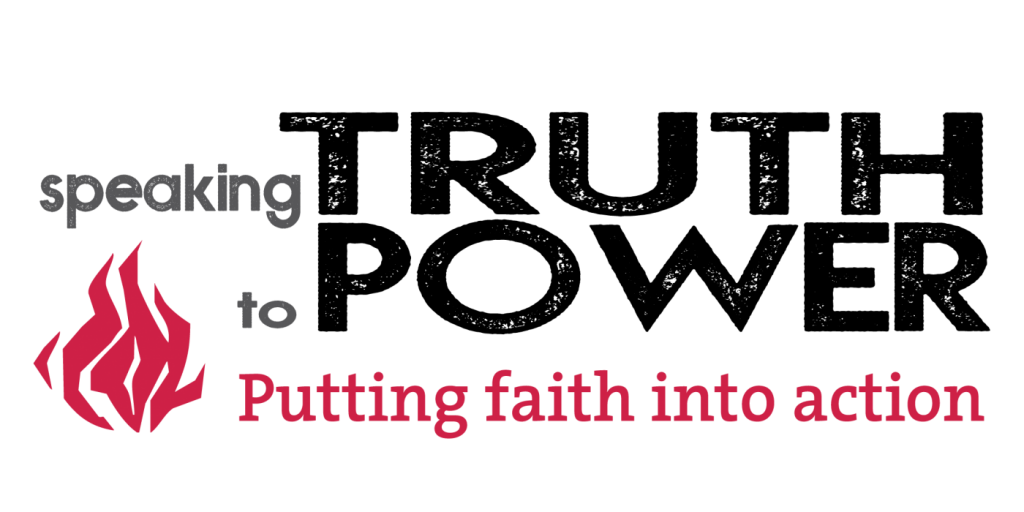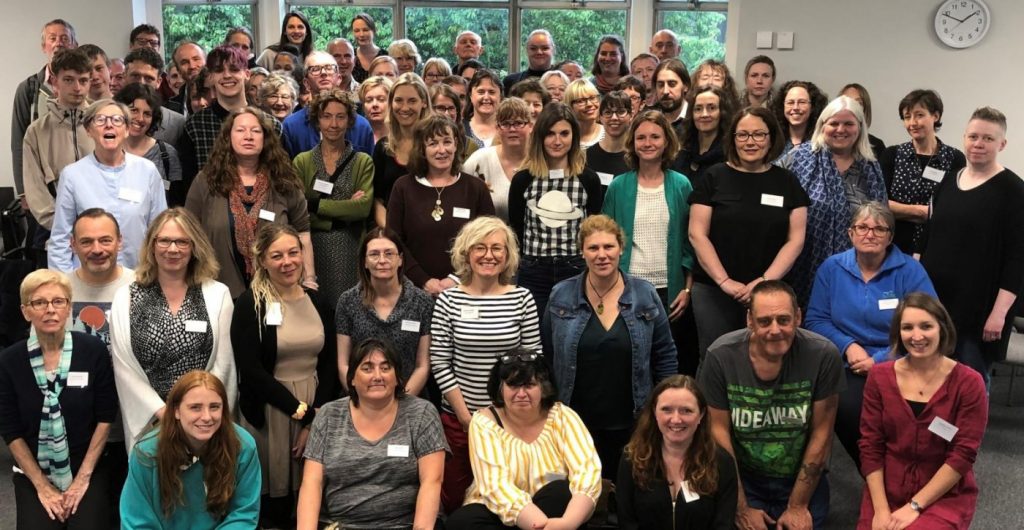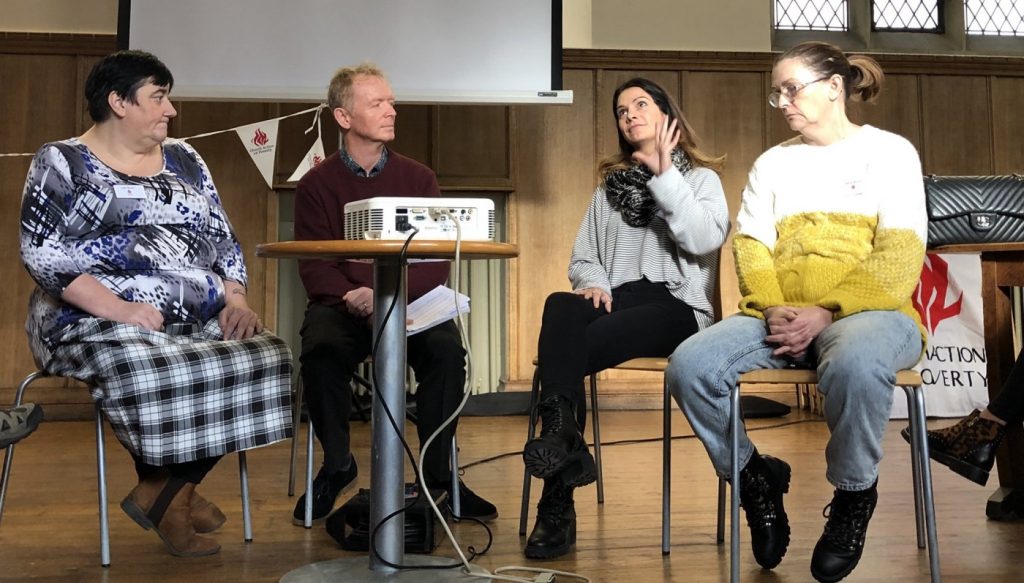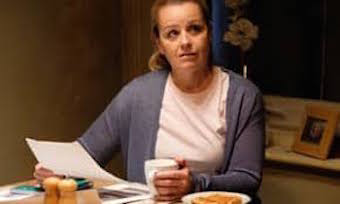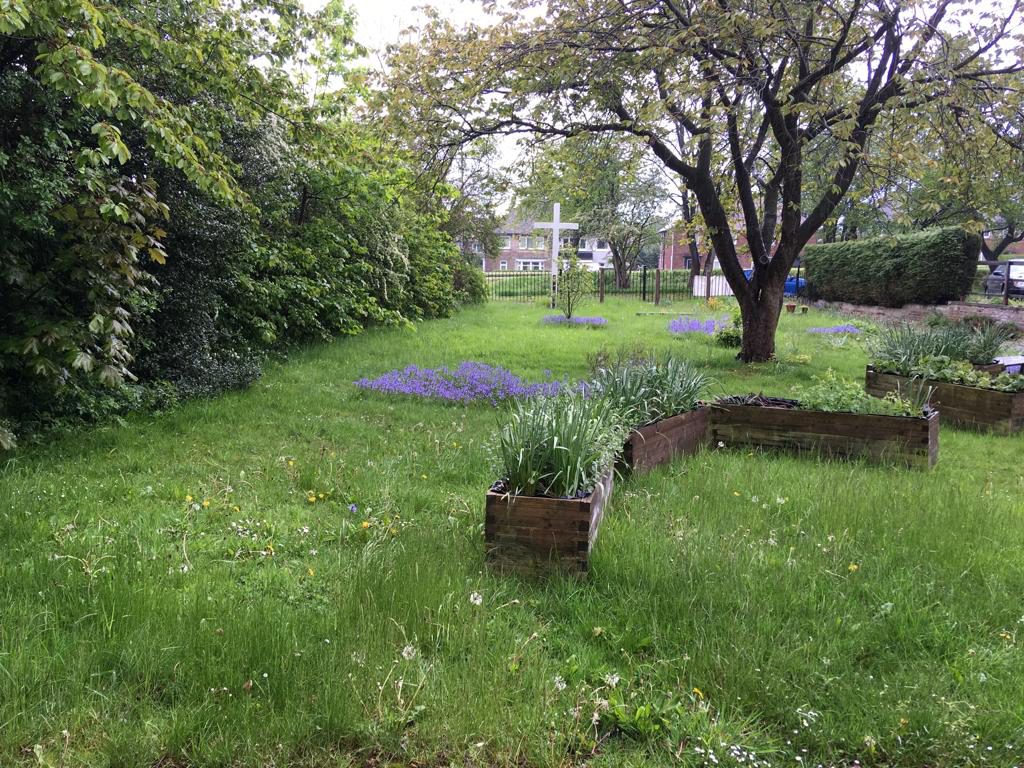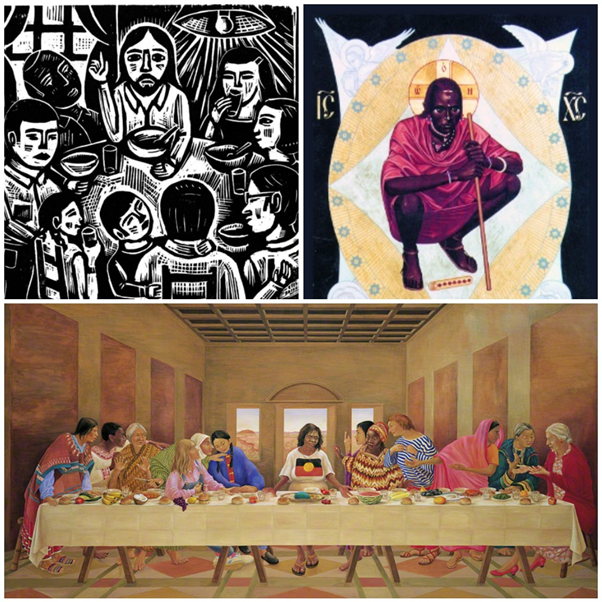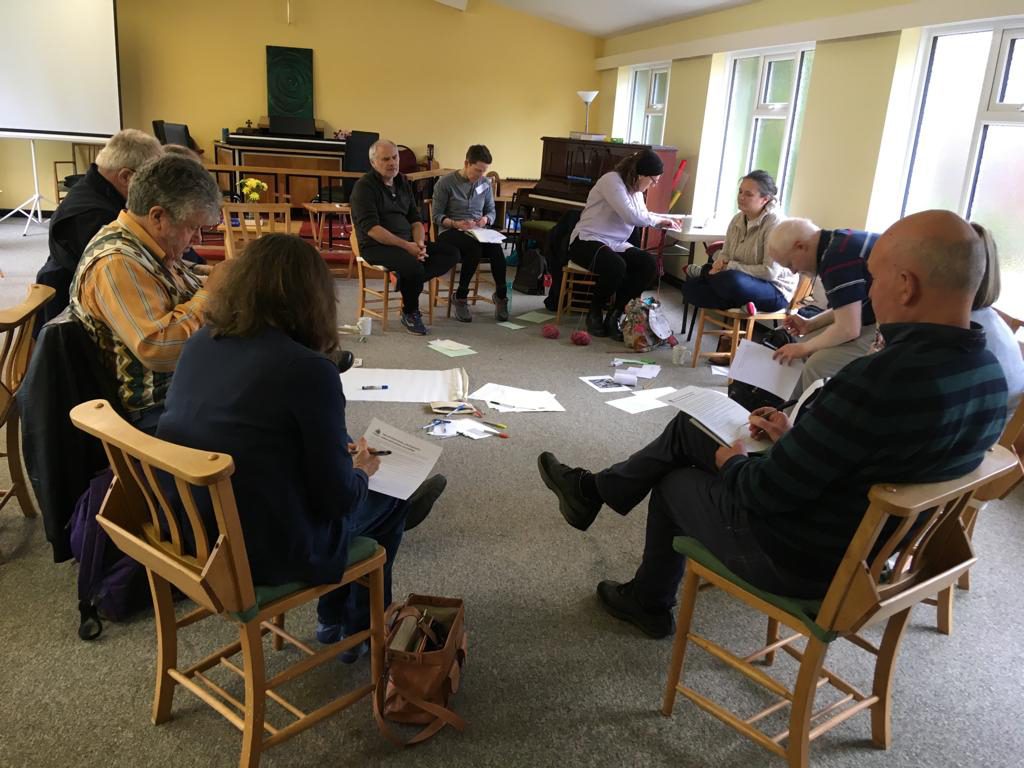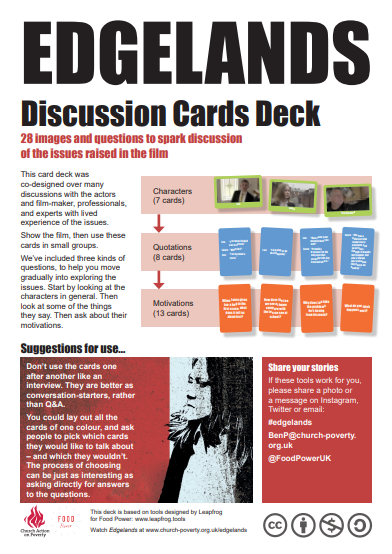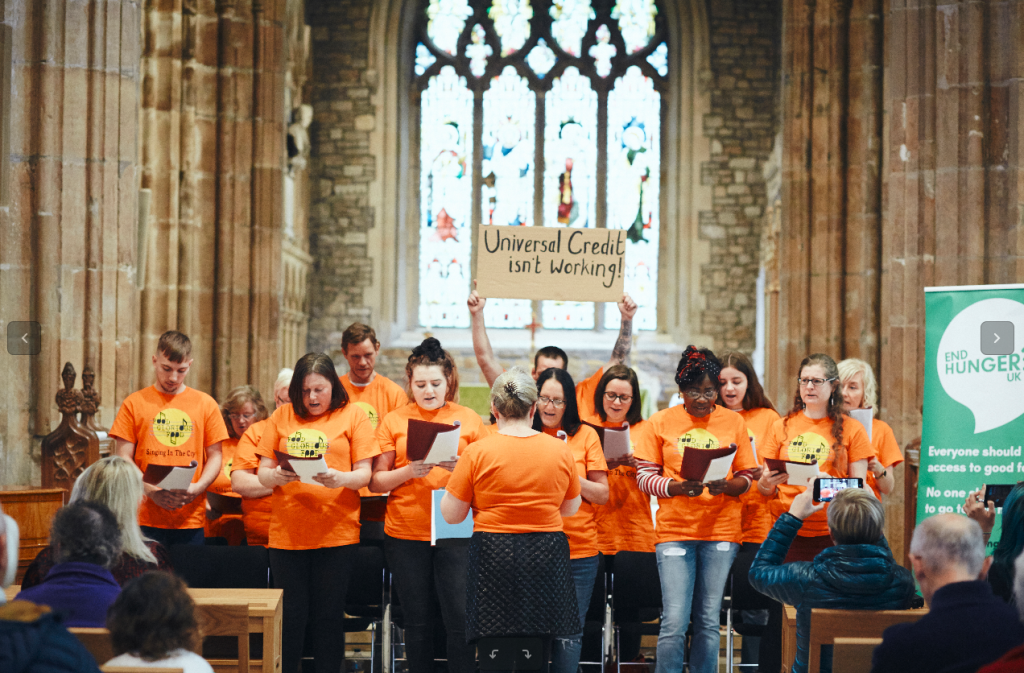Gateshead Poverty Truth Commission launch
Our local group in the North East is supporting the new Gateshead Poverty Truth Commission. They sent us this short report from the launch event.

The launch took place on 5 March at Gateshead council chambers. The Poverty Truth Commission has been set up by South West Tyneside Methodist circuit. Church Action on Poverty North East is not directly involved in the Commission, but does support it.
The launch event included several testimonies from poverty commissioners. One man gave an account of his journey from comfortable home, house, car, family, to mental health problems and homelessness following redundancy. I felt this story spoke volumes to those within and without churches who feel that this could never happen to them, and sometimes seek to blame those who are unemployed or homeless as being victims of their own inadequacies.
A lady gave her story via video, outlining the financial problems of grandparents looking after grandchildren full time. She stated that the cost of the state directly looking after the four grandchildren would be considerable, but that grandparents are expected to do the caring without state assistance. Catherine McKinnell, MP for Newcastle North, is now chair of an all-party group looking into benefits for kinship carers during the summer, so perhaps progress can be made in this area.
During this and other stories, the effect of mental health issues and the support received from mental health services was of considerable importance. The difficulty of dealing with DWP and Universal Credit system did not help people’s mental well-being.
Blaydon MP Liz Twist attended and has stated that she will be working with the PTC.
Lucy Zwolinska, the Gateshead PTC lead, has contacted those present at the launch and outlined the next steps for the PTC:
We’re encouraged that you have committed to be part of our ‘friends of Gateshead Poverty Truth Commission’ , but we would also ask you this: what will you do next? Is there anything you will do differently in your life or work because of the stories you heard on Thursday? Will you slip back into business as usual, or are you compelled to take the next step of a journey for change with us? Gateshead Poverty Truth Commission will now accelerate, meeting regularly and joined by an equal number of Commissioners holding positions of leadership Gateshead (you’ll recall these are called Civic and Business Commissioners). Together we will begin to unpick the injustices of poverty and explore together how change can and should take place using the expertise of the people you heard from on Thursday. Invites to some of Gateshead’s foremost Civic and Business Leaders have already gone out, but we call out to you today to speak to us.

